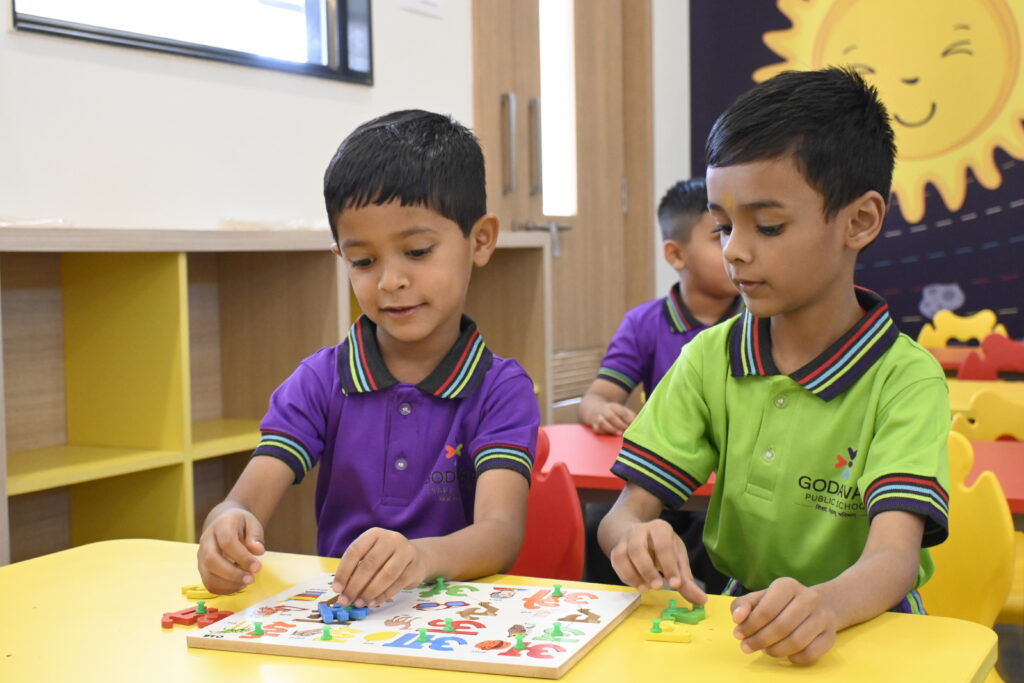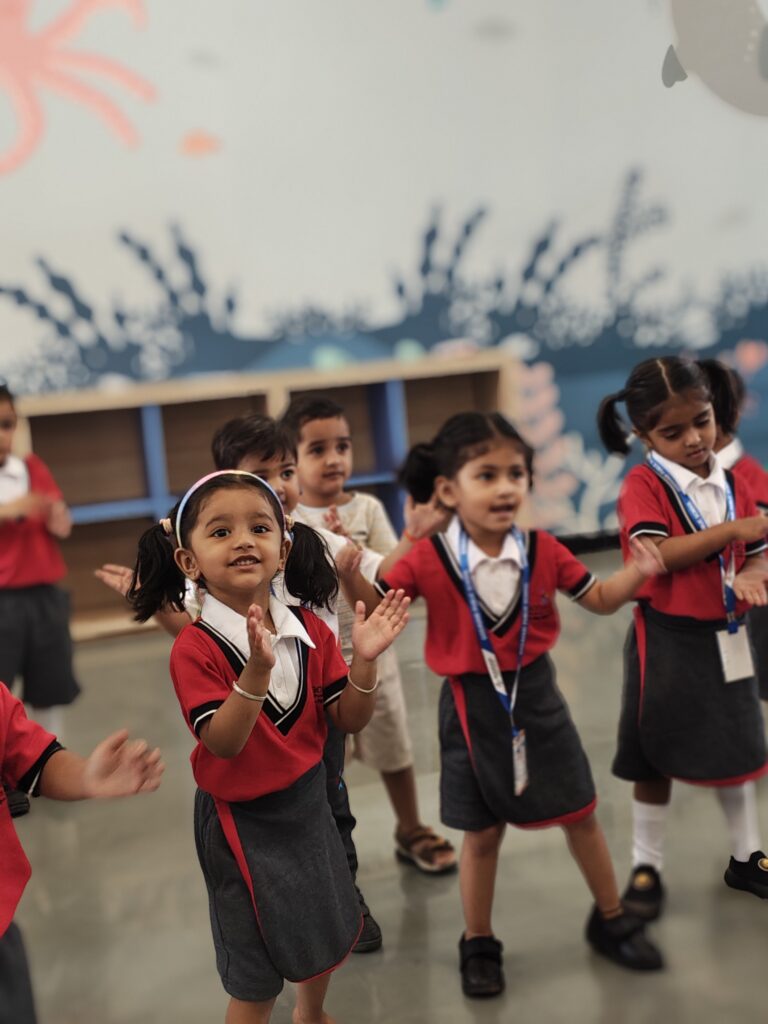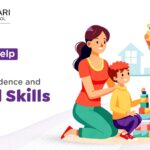Introduction
Being a parent of CBSE students comes with its own set of challenges and responsibilities. The Central Board of Secondary Education (CBSE) curriculum is comprehensive, competitive, and often rigorous. While students are the ones appearing for exams, parents play a crucial behind-the-scenes role. The good news? You don’t need to be a subject expert to help your child succeed. With the right strategies, encouragement, and home environment, parents can guide their CBSE children toward academic excellence while also nurturing life skills.
This blog offers valuable and practical study tips across different grade groups to help CBSE students stay ahead. Whether your child is in primary school or nearing board exams, this parent’s guide is designed to make your job easier and their learning more effective.
Table of Contents
Grades 3 to 5: Building Foundations with Fun and Focus
These early years are all about laying a solid foundation in reading, writing, comprehension, and logical reasoning. Parents can make a massive difference by creating curiosity and providing consistent support.

Tips for Parents:
A- Encourage Active Reading: Read storybooks together. Ask your child to explain what they read. This strengthens vocabulary and comprehension.
B- Make Study Time Playful: Turn math problems into fun games using flashcards or real-life objects like fruits.
C- Set Short Study Sessions: 20-25 minute sessions followed by 5-minute breaks work best for young CBSE students.
D -Build a Routine: A fixed study time helps train the mind for focus.
Example: Use storytelling to teach science concepts like photosynthesis or the water cycle. At this age, visuals stick better than textbook definitions.
Grades 6 to 8: Encouraging Independent Learning and Time Management
At this stage, children start grasping abstract ideas and managing multiple subjects. They need help balancing studies, extracurriculars, and screen time.

Tips for Parents:
A- Teach Time Blocking: Help them divide their evening into specific slots for homework, revision, and hobbies.
B- Create a Distraction-Free Zone: Limit phone and TV access during study hours. Encourage focus.
C- Daily Review System: Ask them to spend 15–20 minutes reviewing what was taught in school that day.
D- Use Mind Maps & Flashcards: These tools make it easier to remember large portions of content from NCERT textbooks.
Example: After a science chapter, encourage your child to make a mind map. It boosts recall and helps them prepare smarter.
Grades 9 to 10: Preparing for Boards – Focused Study Strategies
These grades are critical as the CBSE board exams begin here. Emotional support and structured revision strategies are key to helping students thrive without panic.
Tips for Parents:
A- Encourage Previous Year Paper Practice: Solving old CBSE papers builds confidence and helps understand the exam pattern.
B- Promote Smart Study Over Long Hours: Quality matters more than quantity. Avoid marathon study sessions.
C- Help Them Prioritize: Teach them how to identify important topics based on marks weightage and revise accordingly.
D- Use the Pomodoro Technique: 25 minutes of focused study, 5-minute breaks. Keeps the brain fresh.
Example: Instead of re-reading a chapter on “Tissues” in Biology, help them create a table comparing different types of tissues and their functions.
Grades 11 to 12: Strategic Planning for Future Goals
With boards, entrance exams, and college on the horizon, senior secondary students need guidance with advanced planning, stress management, and realistic goal-setting.
Tips for Parents:
A- Encourage Goal Clarity: Whether your child wants to pursue NEET, JEE, or humanities, help them choose a path and plan accordingly.
B- Support Revision Calendars: Guide them to prepare 3-month or 6-week revision schedules for subjects like Physics, Chemistry, or Accountancy.
C- Ensure Health & Sleep: Good sleep, hydration, and a balanced diet are non-negotiables for memory retention and focus.
D- Respect Their Study Style: Some students prefer early mornings, others late nights. Allow flexibility while ensuring consistency.
Example: If your child is struggling with Organic Chemistry, suggest online lectures or peer discussions instead of just reading the textbook again and again.
Two Bonus Tips
1. Regular Parent-Student Check-ins
Don’t wait for exam results to talk about academics. Casual weekly check-ins—“How was Math this week?”—build trust and show you care.
2. Celebrate Small Wins
Did your child improve in one subject? Finished a revision plan on time? Celebrate it. Encouragement builds momentum.
Conclusion: A Parent’s Presence is the Best Support
Every CBSE student needs more than books to succeed, they need the support system that only a parent can provide. With consistency, understanding, and a few smart strategies, you can help your child not only do well in school but also become a confident, self-directed learner. Remember, it’s not about topping the class; it’s about helping your child give their best without fear or pressure.
So keep encouraging, stay involved, and enjoy watching your child grow into their academic strengths. Success for CBSE students is a journey you both take together and it starts right at home.
FAQs
1. What is the best study routine for CBSE students?
A mix of 2–3 hours of focused study daily, with regular breaks, subject rotation, and weekly revision, works well for CBSE students.
2. How can parents help CBSE students during board exams?
By helping with planning, managing stress, offering encouragement, and providing access to practice papers and study tools.
3. Are CBSE students under too much pressure?
While the curriculum is demanding, the right support, emotional balance, and efficient study methods can reduce pressure.
4. Which grades are most important in CBSE school life?
Grades 10 and 12 are crucial due to board exams, but foundations laid from grade 6 onward significantly impact performance.
5. What are good study apps for CBSE students?
Top apps include Toppr, BYJU’S, Doubtnut, and NCERT Solutions. They make concepts easier and practice more efficient.
6. How much screen time is okay for CBSE students?
Limit recreational screen time to 1 hour/day. Educational screen time should be productive and scheduled.



